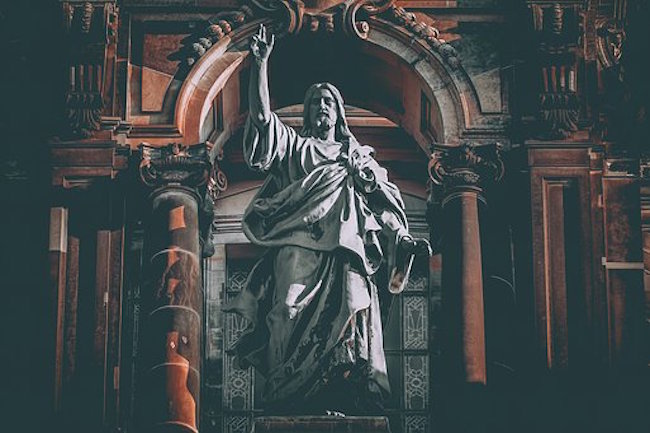Jewish Feast Days and High Holidays Connect to Jesus by Myra Kahn Adams for Town Hall
Author’s Note: Readers can find all previous volumes of this series here. The first 56 volumes are compiled into the book “Bible Study For Those Who Don’t Read The Bible.” Part Two, featuring volumes 57-113, will be published later this year.
Thanks for joining our Sunday Bible study. Being a Jewish believer in Jesus since age 20, I relish how the New Testament fulfills the Old Testament (Hebrew Bible). The Jewish Feast Days, including the two High Holidays, are significant examples. Now considering today’s title, I hear heads exploding in synagogues, but remember the words of a Divine Jewish rabbi: “You will know the truth, and the truth will set you free.”
Before diving in, I extend thanks to my co-writer, Russ Breault, who originated this lesson and wrote the first draft. Russ is a Bible scholar, highly regarded national lecturer, and expert on the Shroud of Turin. He has co-written or inspired several of my Bible studies. Easter’s Vol. 109 is the most recent. Whenever Russ says, “Myyyy-rah, I have a Bible study for you,” I always listen.
Our two-part study of Jewish Feast Days from Leviticus 23 details the seven “feasts” (called “festivals” in some translations). All are still celebrated Jewish traditions. Of the first four examined today, only the Sabbath is weekly. The remaining three are spring feasts dictated in God’s order: The Passover/ Unleavened Bread, Firstfruits, and Feast of Weeks – (Shavuot).
Next week we will discuss the three autumn feasts: The Feast of Trumpets (better known as Rosh Hashanah – the Jewish New Year) followed by the Day of Atonement (known as Yom Kippur). Together Rosh Hashanah and Yom Kippur are called the Jewish High Holidays. The third is the Feast of Tabernacles, and all are related to the harvest — God’s harvest.




